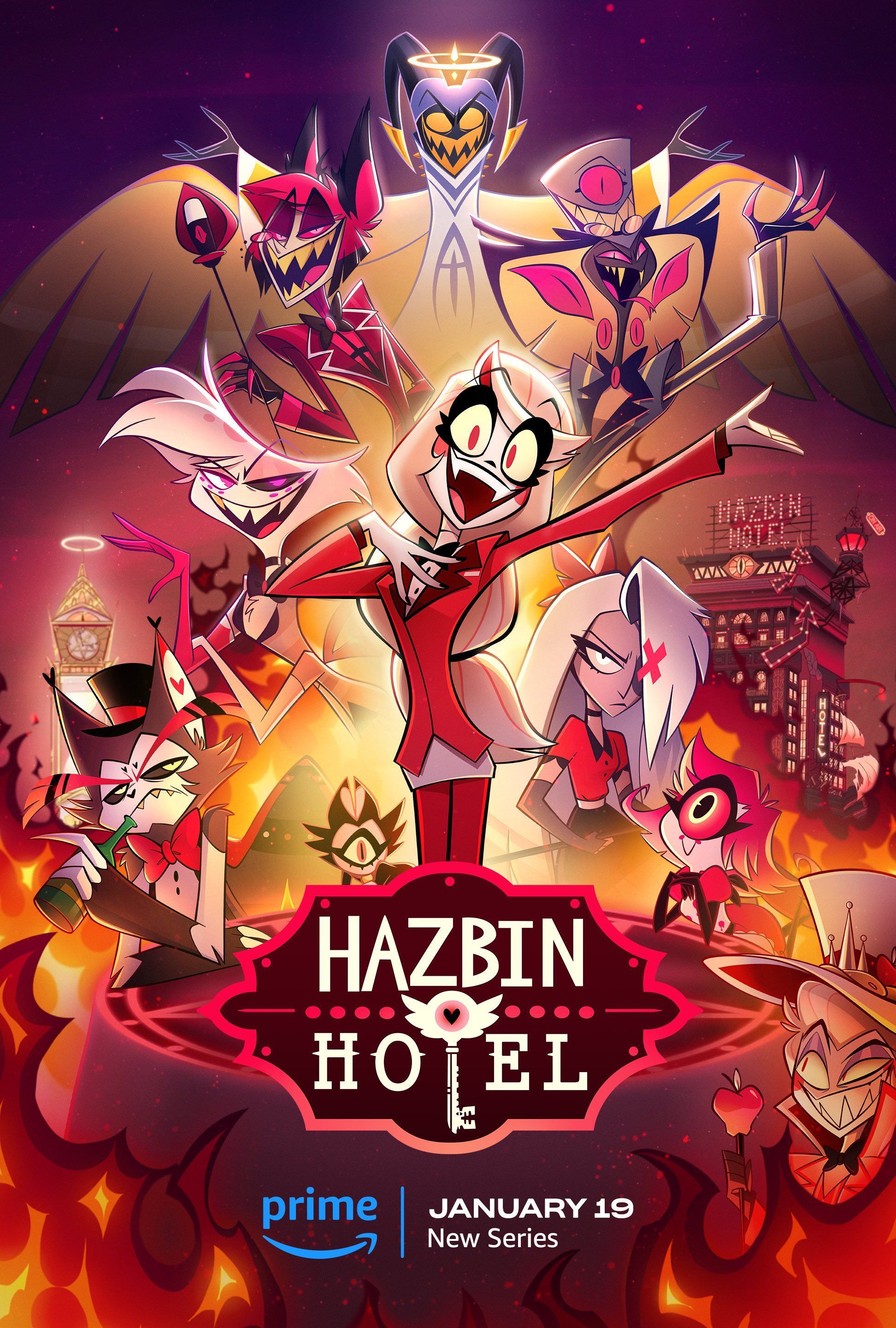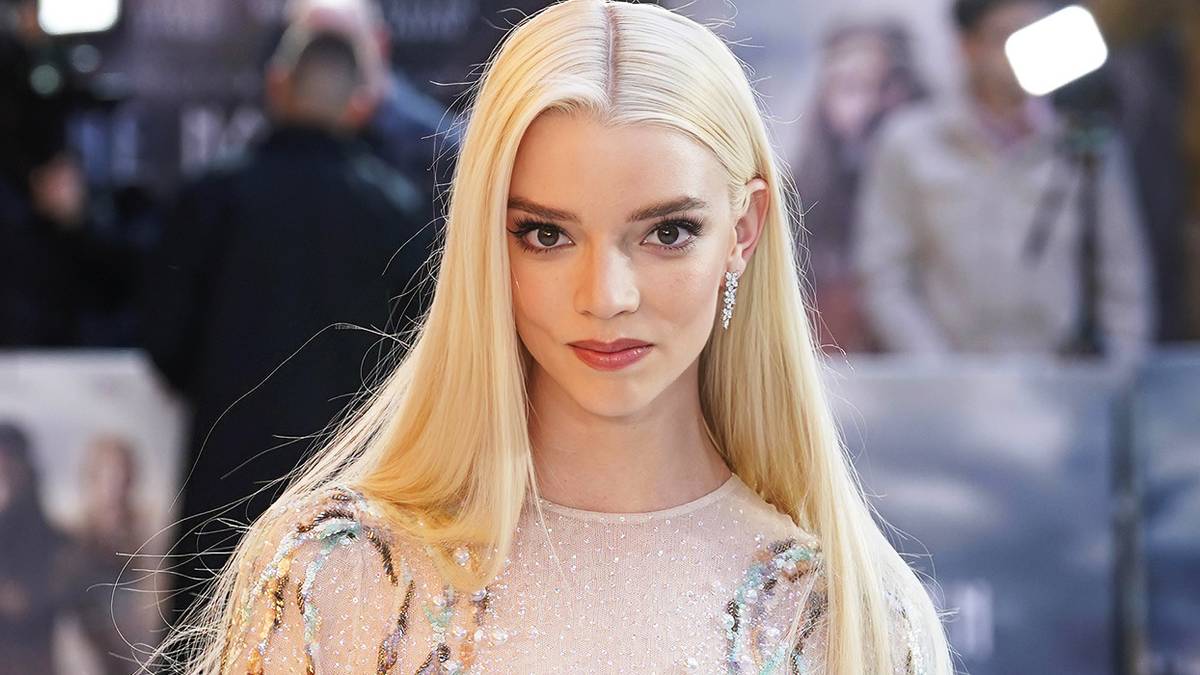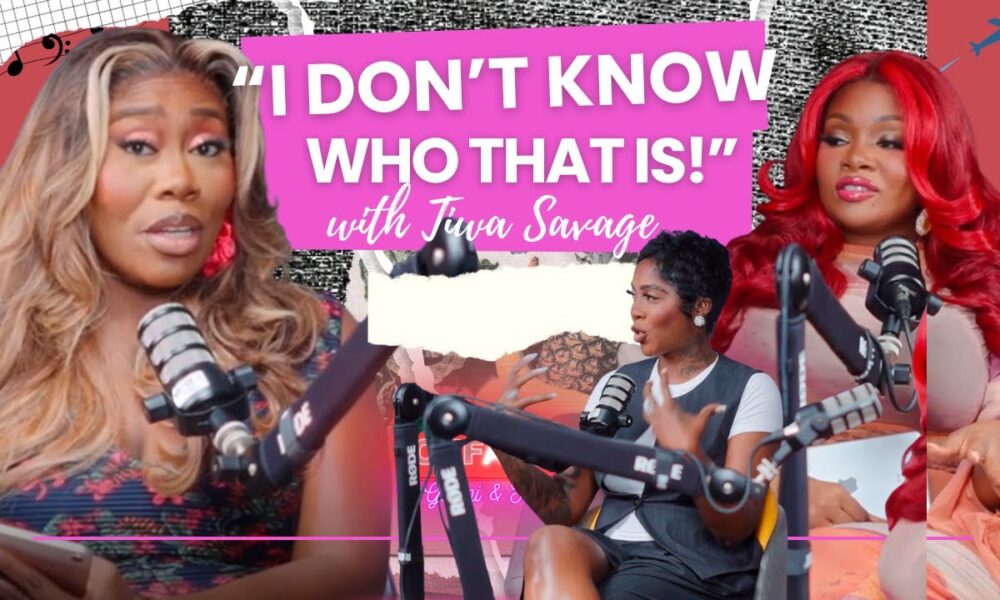Naira Marley Breaks Silence on Mohbad's Death Amid Mounting Controversy
The tragic death of musician Ilerioluwa Aloba, known as Mohbad, on September 12, 2023, at the age of 27, has been a source of intense public scrutiny and controversy. His former label boss, British-Nigerian singer Azeez "Naira Marley" Fashola, has recently broken his silence, sharing his side of the story in a detailed YouTube documentary, almost three years after Mohbad's passing. This comes amidst ongoing legal proceedings and a fervent public debate surrounding the circumstances of Mohbad’s demise and the profound impact of 'cancel culture' in Nigeria.
Legal investigations into Mohbad's death have yielded specific findings. In February, a Magistrate's Court in Yaba, Lagos, acquitted Naira Marley, music promoter Sam Larry (Samson Balogun), Primeboy (Ibrahim Owodunni), and Mohbad's former manager, Babatunde Opere, of blame. However, a Coroner's Court sitting in Ikorodu, established by the state government, recommended the criminal prosecution of Feyisayo Ogedengbe, the auxiliary nurse who treated Mohbad shortly before his death. Magistrate Adedayo Shotobi concluded that the nurse acted with gross negligence by administering an injection without a doctor's prescription, deeming her actions "unlawful and professionally negligent," even as the court ruled out foul play or homicide.
Naira Marley's recently released documentary provides an in-depth perspective on his relationship with Mohbad and the events leading up to his death. He recounted signing Mohbad and Zinoleesky to Marlian Music in 2019. Marley alleged that in June 2020, he learned Mohbad was using an illegal substance called 'Ice' (identified as Crack), which Mohbad attributed to stress, promising to quit. Marley stated he only advised Mohbad and did not force him into anything. He also presented evidence that Mohbad independently chose his manager, Tunde, in July 2020, and that Marley intervened only to reduce Tunde's proposed commission to 10%. Marley insisted on financial transparency, claiming a 50-50 business split where he covered all expenses, a detail he revealed for the first time publicly. Marley also made allegations against Mohbad's wife, his fellow signee Zinoleesky, and an unnamed friend, whom he claimed introduced Mohbad to hard drugs.
Marley addressed the February 2022 National Drug Law Enforcement Agency (NDLEA) raid on Marlian House, stating he was in Sweden at the time. Mohbad was reportedly taken along after a physical altercation with officers. Following his release, Mohbad went live on Instagram "under duress" and while experiencing a panic attack, accused Marley and others, including his girlfriend Wunmi, Zinoleesky, and even their wives, stating, "If I die, everybody na Marlian Music, Naira Marley kill me." Marley noted that Mohbad, his parents, and Wunmi later apologized for these accusations. Despite this, Mohbad remained with Marlian Music, releasing new songs like 'Ronaldo' and 'Peace'.
After the NDLEA incident, Mohbad moved out of Marlian House, though he maintained contact. Marley claimed he tried to get Mohbad professional help, paying for health checks and medications. He alleged that Mohbad attempted suicide on March 27, 2022, while Marley was in Puerto Rico. Upon his return, Marley spoke with Mohbad about his online searches for the deadly insecticide "Sniper" and discussed taking him away with his parents.
A significant managerial dispute unfolded in October 2022. Marley described Mohbad becoming intoxicated and confronting his manager, Tunde, at Marlian House, leading to a fight that Marley intervened to stop. Shortly after, Mohbad allegedly posted tweets accusing Marley of threats because he wanted to part with his manager, which Marley suspects was fabricated by someone else using Mohbad's phone. On October 7, 2022, Mohbad's lawyer initiated his contract termination. Marley stated he shared payment logs to demonstrate transparency, though he later claimed Mohbad withdrew $72,000 from a DSP partner, money Marley contended was not Mohbad's. Marley asserted he last saw Mohbad on October 4, 2022, during the fight with his manager, and was in Amsterdam and later Montenegro on the day of Mohbad's death. He criticized the police for detaining him for two months after he returned to Nigeria to clear his name and expressed his belief that those who were with Mohbad 24-48 hours before his death should have been investigated. Marley also pledged that Mohbad's royalties remain untouched and would be handed to his family or court appointee.
Mohbad's death ignited an intense wave of "cancel culture" in Nigeria, exposing its swift, final, and often unforgiving nature. Initially, reports of an ear infection quickly gave way to surfacing videos and voice notes alleging bullying and oppression by Naira Marley and Sam Larry, leading to an immediate public verdict of guilt against Marley. Social media transformed into a virtual courtroom, with fans unfollowing, radio stations banning his songs (like Agidigbo FM, though later reversed), and a digital manhunt ensuing. This phenomenon, globally associated with boycotts and public criticism, is amplified in Nigeria by a deep distrust in institutions, a demand for immediate "sharp, sharp" justice, and a prevalence of emotional, irrational decisions. Naira Marley became the prime target, his reputation severely damaged before formal investigations concluded. The outrage, magnified by gossip blogs and WhatsApp groups, also saw public figures leading calls for justice.
The dangers of Nigerian cancel culture are manifold. When formal justice systems are perceived as weak, public outrage becomes a substitute for accountability. This was evident as Mohbad's tragedy became a canvas for Nigerians' broader frustrations with government and institutions, and a platform for victims of bullying and exploitation in the entertainment industry to voice their struggles. However, channelling anger into cancelling one individual, without addressing systemic issues like record label exploitation, weak copyright laws, and inadequate artiste welfare, fails to resolve the underlying problems.
Moving forward, a more literate and discerning populace, demanding facts over gossip and scandal, is crucial to managing cancel culture. The media, often complicit in amplifying mob verdicts without context or verification, must uphold its duty to provide balance, nuance, and perspective. Naira Marley's documentary, breaking his long silence, has split public opinion, with some expressing regret for their earlier judgment, while others view it as damage control. The lesson is clear: while cancel culture punishes swiftly, it rarely brings true closure or justice. The entertainment industry itself needs robust internal structures—unions, mediation boards, and welfare protections—to address exploitation and prevent such crises. Artists and creatives must also learn crisis management, recognizing that silence or missteps can be interpreted as guilt, jeopardizing careers overnight in a cancel-prone environment.
You may also like...
Mystery Striker's Phenomenal Form: Club Title Push & World Cup Glory Beckon

Europe's top football leagues are witnessing an unprecedented goal-scoring spree led by Kylian Mbappe, Harry Kane, and E...
‘Hazbin Hotel’ Season 2 Sparks Buzz: Fan-Quoted Scene & Musical Ambition Revealed!

Hazbin Hotel Season 2 is poised for an explosive debut, promising a "bigger, louder, and more chaotic" experience. New m...
‘Tron: Ares’ Stumbles at Box Office, Facing Harsh Realities After Disappointing Debut

The sci-fi sequel <em>Tron: Ares</em> opened to a disappointing $60 million globally, significantly underperforming agai...
Charli XCX Shocks Fans with Surprise SNL Cameo During Role Model's 'Sally'

Role Model made his Saturday Night Live musical guest debut, performing two tracks from his album and featuring a surpri...
Chappell Roan Under Fire: Homeland Security Reacts to 'F—k ICE' Rose Bowl Remark

Pop sensation Chappell Roan ignited a political firestorm during a recent Los Angeles concert, publicly criticizing ICE ...
Fairytale Ending: Oyinda & Adepoju's Unbelievable Love Story Unveiled!

After experiencing parallel heartbreaks in 2020, Oyinda and Adepoju found love through a serendipitous connection orches...
Tiwa Savage's Shocking Confessions on OffAir with Gbemi and Toolz!

Tiwa Savage, the Queen of Afrobeats, sits down with Gbemi and Toolz on OffAir to discuss her journey, music, motherhood,...
High-Street Sensation: Fashion Fans Snatch Up Barbour Jacket Dupe, Saving £158!

Fashion enthusiasts can replicate the iconic Barbour jacket look for significantly less with New Look's new cropped dupe...
